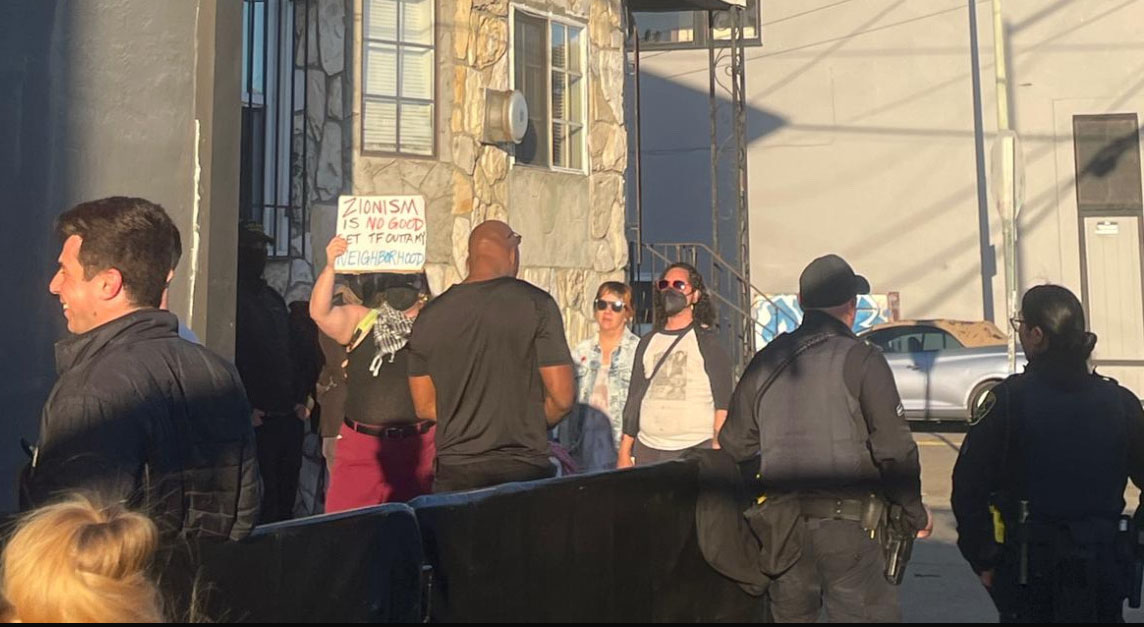God’s road rage
What’s up with God?
It might be difficult for anyone in the 21st century to relate to the Leviticus story of how God killed Aaron’s sons for burning “strange fire” in His honor. It’s even tougher when you’re 12.
Earlier today I bit into a crisp, bright green plum. The plum, a new variety at my local farmers’ market, showed up for the first time this week. It is hard to believe
He flopped down on the couch in my study, looking pale, upset. “What is it?” I asked, imagining a bad diagnosis.
Every Passover, as I sit with my family at our seder, I inevitably think of my paternal grandfather, after whom I was named. I never met him. He died five years before I was born, and I was born on the anniversary of his burial. But from earliest childhood, I felt that my grandfather was present, teaching me the values that helped shape my life.
“Keep the politics off the bimah.” We hear this in the synagogue whenever a rabbi speaks on a topic nearing the intersection of Jewish values and public policy. While argued most vociferously by those who disagree with the rabbi’s message, the critique itself that “politics has no place on the bimah” is a decidedly false characterization of the essence of Judaism and Jewish textual tradition. (Note: I am not speaking about endorsing a candidate for public office.)
At the ripe age of 8, I learned the Peter Allen song “Everything Old Is New Again.” It may have been an unusual choice for an 8-year-old to crave hearing over and over. But for me, this song was synonymous with dance class, doing the soft shoe that landed me on stage for the annual spring recital: “Don’t throw the past away, you might need it some rainy day, dreams can come true again, when everything old is new again.”
As human beings, can we know precisely what God wants from us? It might seem, from the beginning of this week’s parasha, that we can: “Bring Me gifts. You shall accept gifts for Me from every person whose heart is willing. And these are the gifts you shall accept from them” (Exodus 25:2). God then offers a specific list of valuable things: precious metals and stones, rich textiles, animal skins, wood, oils and spices. At the end of the list of contributions, God says, “They will make me a sanctuary, so that I will dwell among them. Exactly how I show you … so shall you make it” (Exodus 25:8-9). What follows is a template — in unparalleled detail — for building this tabernacle. Why such specificity and detail?
It’s a new year and we are beginning a new book of the Torah — Exodus. Unfortunately, we are dealing with the same old problem. Anti-Semitism, the oldest hatred, rears its ugly head.
A funeral director once said, “In all the funerals I’ve attended, I have yet to see a hearse with a U-Haul trailer attached.” But while it’s true that “you can’t take it with you,”meaning material possessions, I’m not so sure about emotional possessions. How many of us have walked behind a casket where lay the body of a relative or friend with whom we were still talking? Or, wrenchingly, with whom we never had the conversation we meant to have?





 More news and opinions than at a Shabbat dinner, right in your inbox.
More news and opinions than at a Shabbat dinner, right in your inbox.